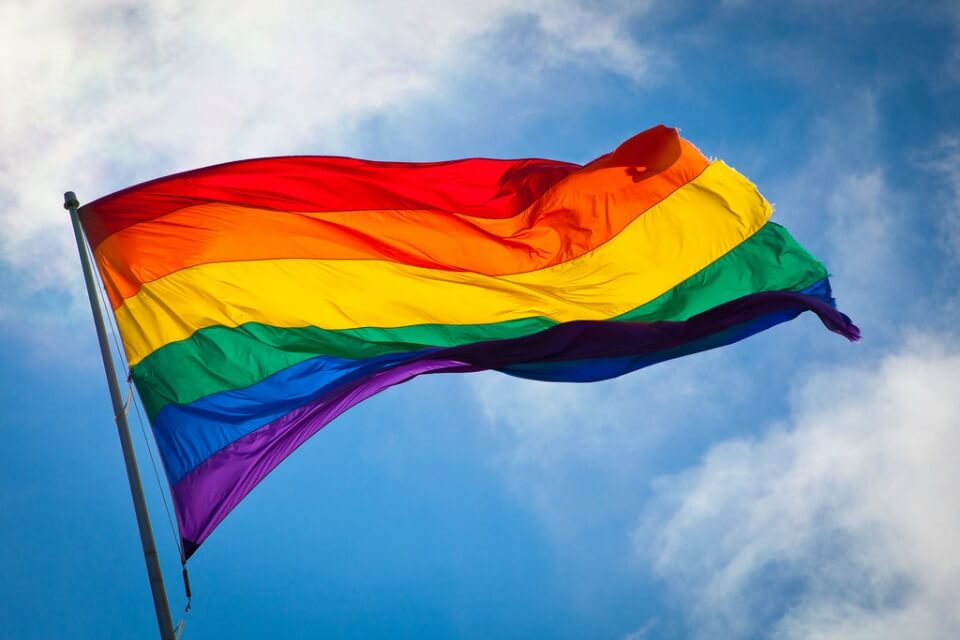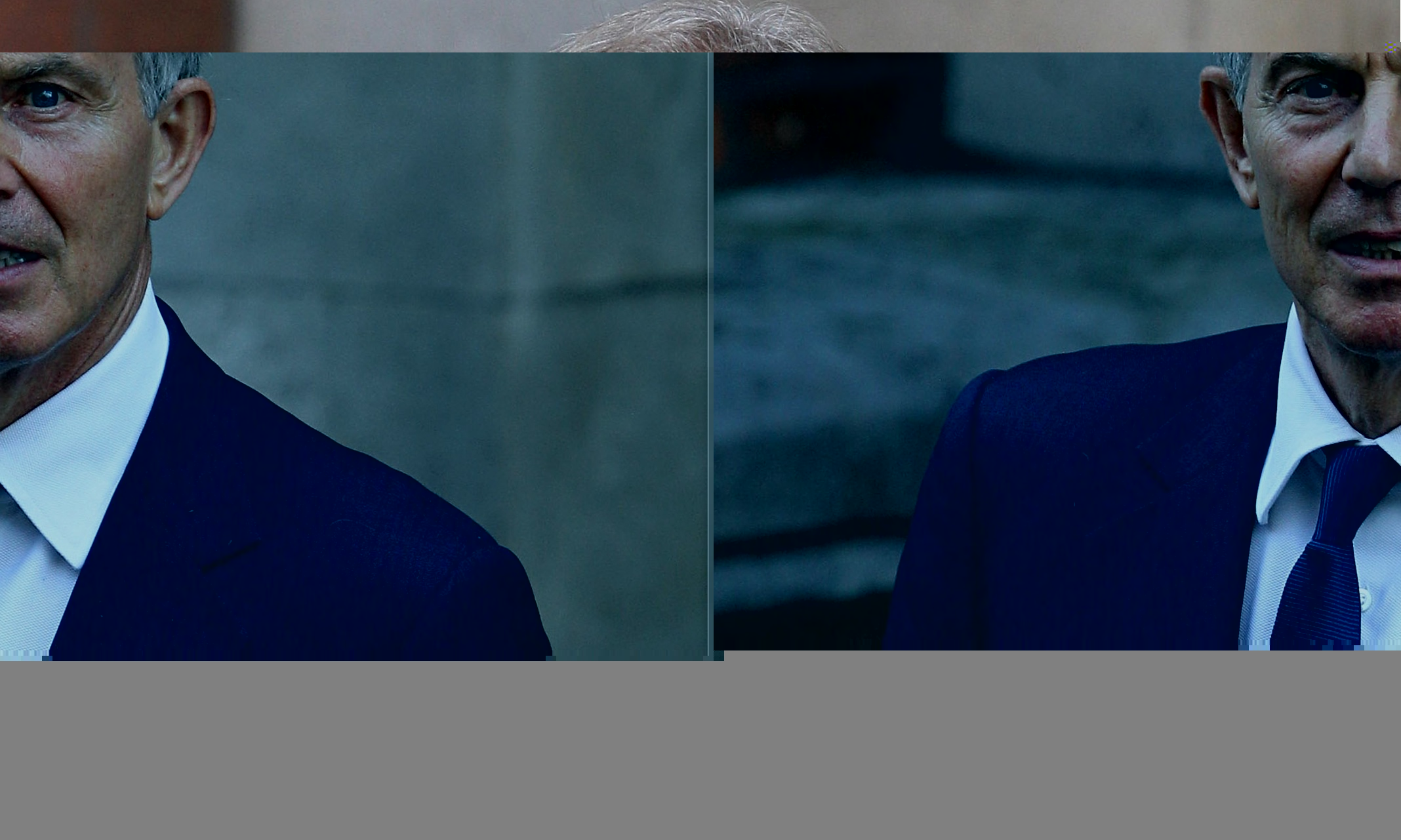Words By Roxanna Wright
In the last decade, film and television has seen more LGBTQ+ roles than ever before. According to GLAAD, 10.2% of American Primetime television broadcast characters have been gay, bisexual, transgender or queer. Furthermore, LGBTQ roles have become less generalised, less stereotypical and with a much more in-depth focus on their background, personal life and character. In the past, even up to the early 2000s, gay characters were dominantly represented as the effeminate ‘side-kick’ through the eyes of the heterosexual protagonist, with very little knowledge on their own lives, in particular their sex lives. Thankfully, in the last decade (especially the previous 5 years), LGBTQ characters in both film and television have broken out of the out-dated stereotypes, are now main characters in big productions, and have their love lives normalised without the heterosexual lens. Although this has been a massive breakthrough for the LGBTQ+ community, one argument which has sprung from this mass increase of representation is whether straight actors should play gay characters.
The role of an actor/actress is to play a character or role which is not themselves. The point of acting is to present another person’s life other than their own. This is why it completely baffles me why this is an argument in the first place. If the actor’s own sexuality affected whether they got a role or not, isn’t that worse? Isn’t that what we, as a modern and progressive society, are trying to escape from? We should not be making decisions on careers based off of character traits which shouldn’t be deemed as important or deal-breakers. If this was true, then are atheist actors not allowed to play religious characters? Are actors who have not dealt with addiction not allowed to play a character battling with addiction? Even though actors may not have the same background or understanding of a trait that the role has, they should be able to learn about it. I believe that it is healthy for people to learn and gain an insight into people’s circumstances which we may not have experienced ourselves. For example, within the LGBTQ+ community the process of coming out to loved ones is of course a big moment and their emotions and reactions to this can be extreme. It is important for heterosexual people, actors or the general public, to learn of their journey. That is what film and television is about after all; to entertain but to also inform. Therefore, I think it is beneficial that heterosexual actors step into the shoes of a homosexual characters, to not only educate themselves, but find a new level of respect and emotive response for their journey and their lives.
The male gaze, where the perspective of the camera/audience is from a straight male, has overly sexualised lesbianism in film and television for decades. As consumers, shots of homosexual interaction between women has become normalised for the benefits of straight men. Yet images of sexual activity between gay men on our screens is significantly lower. Maybe this is down to the dominantly male film/television writers and directors, or down to the mass homophobia throughout history. In our current (Western) society, male, gay sex scenes are being used more and more in films as each year passes. This progression into normalising the sex lives of gay men is extremely healthy, especially in the fight to destroy hypermasculinity. Hypermasculinity is a term used to describe the exaggeration of stereotypical male traits and behaviours, such as physical strength, bravery and power. A perfect representation of hypermasculinity is the 1950s husband, who would be the breadwinner of the family and would essentially ‘own’ his wife and make decisions for her. This toxic ideology, which is still present to this day, is very damaging to the way men see and present themselves. If a male is emotional, effeminate or homosexual, they are believed to be less of a man. Today, countries all over the world are fighting this with movements and charities such as ‘Movember’ and the male mental health month (November), which encourages men to be open about their feelings, mental health issues and feel comfortable in their own skin. In relation to this, the increase representation of gay men and gay sex scenes in films, normalises all different types of men and breaks these untrue, restrictive stereotypes. If straight actors were not allowed to play these gay characters, we will be keeping them in these old-fashioned ideals of toxic masculinity. We should be encouraging and praising male, heterosexual actors to be able to be comfortable enough in themselves and their own sexuality, to play a character of a different sexual orientation. For instance, in the 2015 film ‘The Danish Girl’, a fictional film based around the journey of the first transgender woman who underwent a sex-change operation. Eina, the main character, was played by Eddie Redmayne, a straight actor. Redmayne’s portrayal of the transgender woman went on to be nominated for an Oscar in 2016.
Furthermore, choosing an actor to play a specific role should be based on their portrayal and performance of them. For example, in 2018, the hit film ‘Bohemian Rhapsody’, based around the journey of both Freddie Mercury and the 1980s band ‘Queen’, straight actor Rami Malek played the famously homosexual Freddie Mercury. If sexuality was taken into consideration when choosing the actor to play Freddie Mercury then we may not have possibly got such a brilliant performance and presentation of Freddie in the film. Freddie Mercury is one of the most famous musicians in the world, who is famously ambitious, colourful and unique in many different ways. There were so many aspects to the late Mercury’s personality and presence, both on and off stage, he just also happened to be homosexual. Rami Malek was hired because of the both the physical likeness to Freddie Mercury, and his outstanding performance of him. He was hired to play Freddie Mercury, not just a gay man. Rami Malek won an Oscar, a Golden Globe and a BAFTA for the best actor in a leading role. Having said that, the film itself did get majorly criticised over the lack of scenes based around Freddie Mercury’s sexuality. The film was labelled as shying away, or being fearful, of Freddie’s sexuality as there was only 3 minutes, during the film, of homosexual scenes. On the other hand, one film which didn’t shy away from gay sex scenes was ‘Rocketman’, a depiction around Elton John’s life and music career. The film got a lot of praise from its multiple, explicit gay sex scenes, which has rarely been seen in cinema. In an interview with the Guardian, Elton John stated that ‘some studios wanted to tone down the sex and drugs so the film would get a PG-13 rating. But I just haven’t led a PG-13 rated life. I didn’t want a film packed with drugs and sex, but equally, everyone knows I had quite a lot of both during the 70s and 80s’. In this film, Elton John, and his manager/lover John Reid, were also both played by straight actors, Taron Egerton and Richard Madden.
The argument on whether straight actors should play LGBTQ roles is understandable based on how Hollywood’s most famous actors are dominantly heterosexual, that it seems unjust that they are hired to play roles that they don’t fully understand themselves. However, if the roles were reversed and we did not allow homosexual actors to play straight roles, this would be seen as highly homophobic and wrong. Even though it is preferred that a gay role should be played by a gay actor, it should not be a strict rule. Actors entire careers are based around being able to convince an audience that they are a different person to themselves and playing a role who has a different sexual identity or orientation should be included in this. For instance, in the American Television series ‘How I Met Your Mother’, Barney Stinson, one of the five main characters, is a straight man who has been played by Neil Patrick Harris, a gay actor. The character Barney Stinson is a complete womaniser who has created a ‘playbook’’ full of pick-up lines, acts and scams to seduce women. However, the actor who played him (Neil Patrick Harris) is a homosexual man. I watched this series in my early teens and I was convinced of Barney’s character and I was shocked to find that the actor was not heterosexual. But instead of feeling negatively about this, I had a higher respect for Patrick Harris and his acting ability as he was able to convince me that he was heterosexual in the series. This should work both ways, we should be praising actors and actresses that are comfortable in themselves and their sexuality which has then allowed them to choose roles of people with a different sexual identity or orientation to their own.



